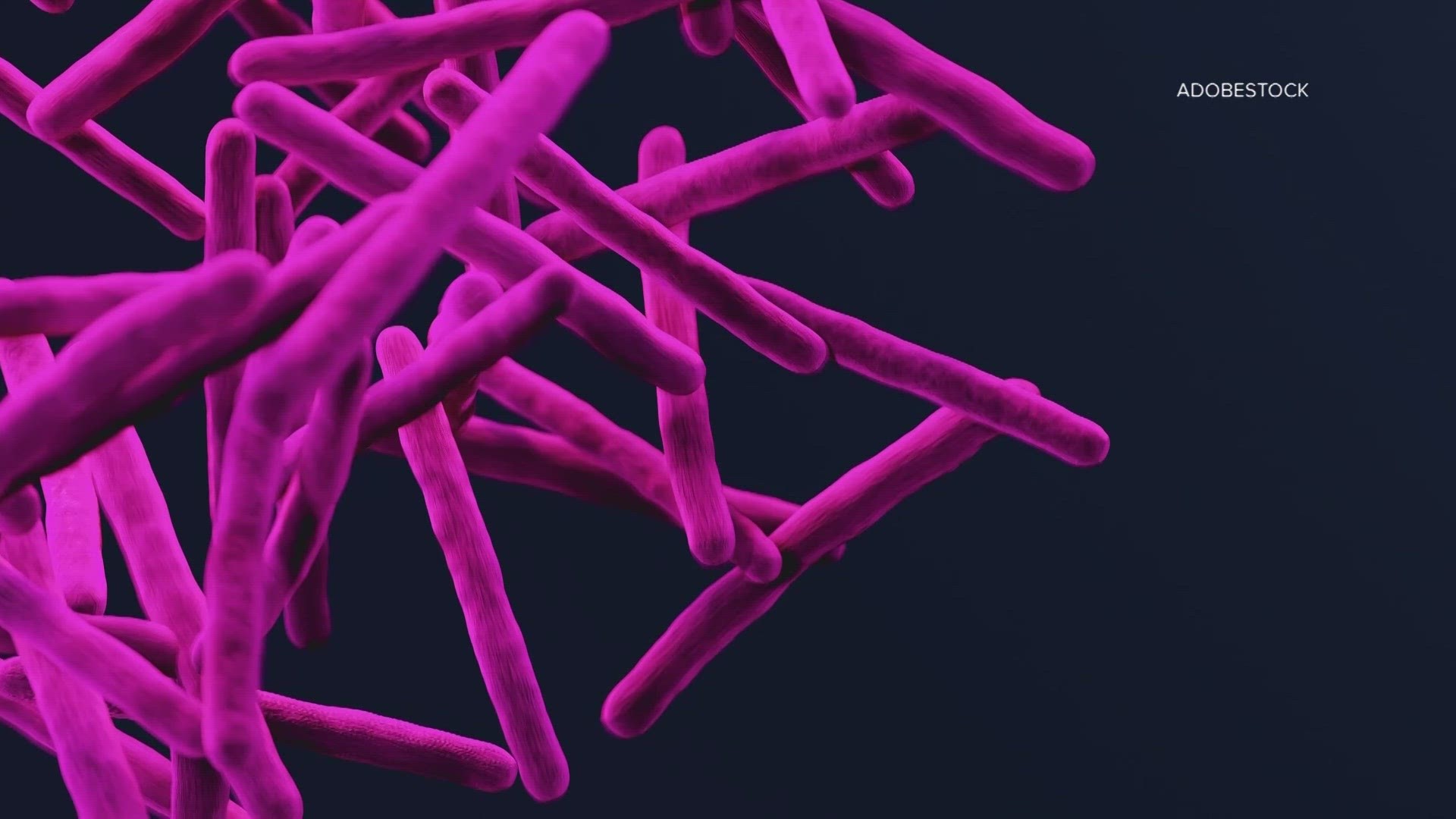SEATTLE — It sounds like something from science fiction: a mobile app that can tell what respiratory illness you have based on the sound of your cough.
A group of scientists and physicians at the University of Washington says it's not so farfetched of an idea.
The researchers are using machine learning to identify different coughs from different illnesses, namely, tuberculosis. The hope is that the technology might one day, be available on smartphones.
Tuberculosis, commonly called TB, is a serious, bacterial infection of the lungs and can be dangerous if left untreated.
It is less common in the U.S., but the World Health Organization reports, that TB kills 1.5 million people each year, calling it the "top infectious killer in the world."
"Cough is the most common symptom by far in tuberculosis. So 99 percent of our patients with tuberculosis had a cough," said Dr. David Horne.
Horne is an associate professor of Pulmonary, Critical Care and Sleep Medicine at UW Medicine and the medical director at Firland Northwest TB Center.
Horne and his team are researching and developing an app designed to compare the sound of TB-related coughs with other kinds of coughs.
"Acid reflux, a viral infection, bacterial pneumonia, asthma, etc. because you need a group to compare them to," Horne said.
The team of doctors and computer and electrical engineers collected data from a group in Nairobi, Kenya, for the research.
They compiled recordings of coughs from confirmed TB patients to those who didn't have TB.
"To your question as to whether I can listen and say 'ah ha' that patient has TB, like a TB Pepsi challenge, absolutely not," Horne said.
It may not be obvious to the human ear, even a trained doctor. But it can, for a machine-learning algorithm.
"We converted the audio into a frequency domain and looked at the frequency analysis," Manuja Sharma said.
Sharma is a doctoral student at the University of Washington's Department of Electrical & Computer Engineering.
She and her team analyzed more than 33,000 audio clips of coughs collected from study participants at the Kenya Medical Research Institute in Nairobi.
The audio recordings were then fed into a "machine learning" program trained to analyze their different frequencies.
"The passive coughs do seem to have a signal that can differentiate between TB and non-TB," Sharma said.
It led to this hypothesis:
"Because of the tissue destruction, the cough sound that's produced could be different than what the cough sound is produced in other respiratory health issues," Sharma said.
The findings are promising. Their research, detailed in the paper Science Advances, found their app on an ordinary smartphone mic, predicted active TB coughs at a better rate than expensive microphones.
The team realized such technology could be used as a valuable screening tool.
"Meaning, you would say 'ah ha,' this person has a high likelihood of having TB, so let's send specimens for further studies," Horne said.
The technology could be groundbreaking in communities like Nairobi and other places where TB rates are high and where the screening process can be costly.
Horne thinks their cough app, can be a solution.
"What you really need is something that could be used at point-of-care, meaning at the bedside that quickly gives you results that's low-cost, that's simple to operate, that doesn't rely on complex infrastructure or even electricity," Horne said.
The researchers want to develop this app further to eventually record and compare coughs from COVID-19, pneumonia, and asthma patients.
Scientists are still developing this technology and researching it. It could take several years before it's available for people to use as a screening tool.
UW researchers develop app to distinguish different types of coughs using machine learning: HealthLink
The findings, published last month, focused on differentiating tuberculosis-related coughs from other types of coughs.

